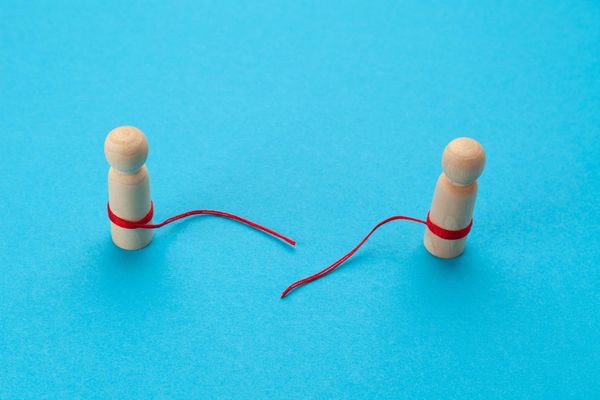So your baby is now a toddler. Just as quickly as she blows you a kiss and tells you she loves you, she'll erupt in a tantrum that will leave your head spinning. While discipline can be tricky at such a young age, letting toddlers act up without repercussions can increase the frequency of bad behavior. It's important to nip it in the bud.
We're not talking about the tactics you may have seen on the reality TV show Extreme Guide to Parenting, but rather healthy methods that set limits, resolve power struggles and discipline children in a loving and productive manner.
Be consistent. If you have certain rules in your home—like no more than a half hour of television or no dessert before dinner—you have to maintain these rules. Your child will become confused if you let him watch an extra episode of Octonauts or give him a cookie before dinner one day and then deny those same privileges the next day. He will fight you on it, because he was able to get it once before. Stick to your rules and make sure your child fully understands the rules.
Avoid saying "no." "No" is a powerful word and often triggers strong negative reactions from children. To a child, "no" is absolute. If no other explanation is given, it may seem to the child that there's no chance of getting what she wants. Instead, if your child asks something like, "Can I play with (insert favorite toy here)?" you respond, "Yes you can, after you help me clean up the art project you just made." This way, you're starting off with a "yes," letting your child know that she can in fact have what she wants (after she does what you want).
Don't argue. If your child becomes argumentative—as many toddlers do—don't continue the argument. If he says, "I want to go to the park!" don't go back and forth about it, if you can't go. Let him know that the park isn't happening that day, then drop it. If he persists, just reply, "I know." Eventually, he will realize that it's settled.
Reward good behavior. If children are only disciplined when they misbehave and never praised when they're good, they're going to wonder why they should be good. When they clean up their toys or behave well in a store, make sure you let them know how much you appreciate their good behavior and give them an incentive to continue the good behavior. This doesn't have to be something tangible—perhaps an extra five minutes on the iPad or an extra bedtime story. This encourages good behavior.
Avoid time-outs. Susan Stiffelman of SheKnows writes, "[Children] need an adult to help them come back to themselves when they're swept up in the storm of their emotions." Sending a child away to "think about what they've done" may cause the child to feel more disconnected and confused. Instead, put the toy that they're playing with in time-out, or write down what it is they want to do and put that piece of paper in time-out. When they settle down, the item can be taken out of time-out.







